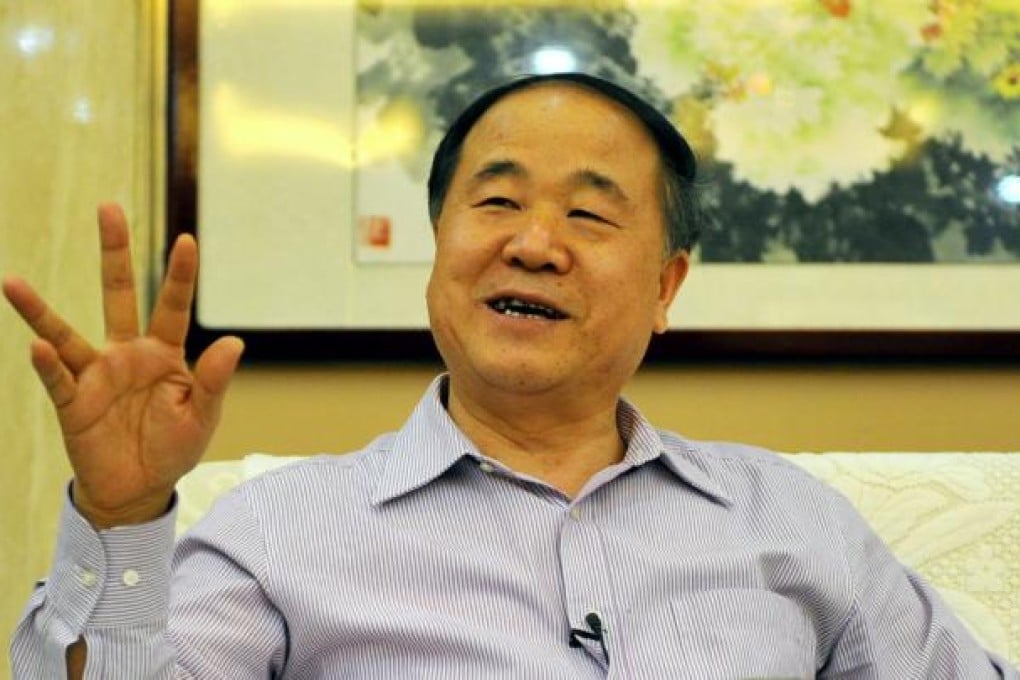Separating fact from fiction about Mo Yan
As mainland firms cash in on 'Mo Yan Effect', does anyone care about low-key author's literature?

A widely circulated Sina Weibo post, sardonically linking Nobel laureate Mo Yan to two more controversial Chinese celebrities, perhaps best illustrated the public's conflicted feelings about the media frenzy surrounding the writer's award.
"After Mo Yan won the Nobel Literature Prize, Luo Yufeng announced that she's fallen in love with him and Fang Zhouzi claimed to have found evidence Mo Yan had others write his works," the post read.
For those who have been living under a rock - or at least far from Sina Weibo - Luo, or "Sister Feng", is the former Chongqing factory worker whose outlandish posts about finding a wealthy and intelligent husband won her fame, scorn and ridicule a few years back.
Fang is a biochemist who campaigns against academic fraud, and earlier this year accused popular blogger Han Han of hiring ghostwriters.
The joke was clear: was the first Chinese national to win the Nobel Prize for Literature in danger of being reduced to a shallow internet personality?
Efforts to capitalise on Mo Yan's fame crossed into the absurd within days of his Nobel win. Roast chicken sellers, liquor distillers and publishers used his name to push their products. A 10-year-old manuscript reportedly sold for 1.2 million yuan (HK$1.5 million).